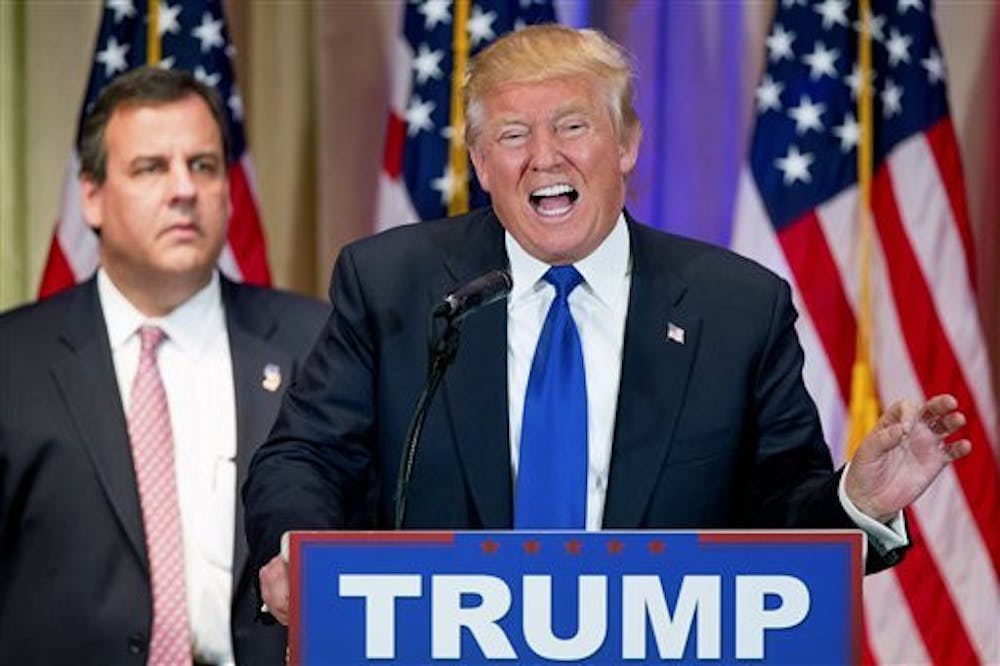By Olivia Rizzo
Staff Writer
Historically, the results of Super Tuesday have functioned as a crystal ball that is able to predict the two final candidates of the presidential race. On Tuesday, March 1, 11 states held primaries or caucuses and party-registered voters selected the candidate they wanted to see represent their party come November. Super Tuesday also functions as a way for candidates to rack up delegate votes from their respective parties, which puts them one step closer to becoming the final candidate.
Additionally, with so much going on in so many different states at once, the candidates must strategically balance spending time and money across 11 states, giving them a real feel for what it will be like to campaign across the entire nation.
Donald Trump and Hillary Clinton came out on top of each of their parties, but according to CNN, they have not completely secured their respective party’s nomination.
On the Grand Old Party’s (GOP) end, Trump won seven states, bringing his delegate total to 382 out of the 1,237 that he needs to win. Sen. Ted Cruz won three states and Sen. Marco Rubio won one state, bringing their delegate totals to 300 and 128, respectively. Tuesday’s outcome secured Trump’s position as the official frontrunner for the party, proving he has the ability to win over voters even among ongoing controversy while his rivals spend the latest Republican debate trying to tear him down.
Clinton swept the southern states, especially among minority voters, according to CNN. She took Texas, Georgia, Virginia, Alabama, Tennessee and Arkansas, but only narrowly defeated candidate Sen. Bernie Sanders in Massachusetts. Although Clinton currently holds 663 delegates to Sanders’s 459, she has not completely knocked him out of the race, as the Democratic Party nominating contest allocates delegates proportionally.

It may seem like the presidential race is all tied up, but some very important variables could come into play during the next eight months.
Cruz won in his home state of Texas on Tuesday, making him eligible to continue on in the race. According to CNN, Cruz has claimed that after his Super Tuesday results, he could turn the campaign around. The New York Times reported that if Tuesday’s voting pattern continues across the country, Trump will reach the number of delegate votes needed to become the Republican Party candidate.
Even though it may seem like Clinton has a stronghold on the Democratic Party, Sanders is still hanging on in the race. He is able to stay competitive due to the more than $42 million he raised in February alone, according to CNN. The Vermont senator’s other advantage is that he has the chance to further sell his platform in the upcoming debates.
Super Tuesday reveals a lot about voting patterns, as well as the candidates’ strengths and weaknesses, but it isn’t election day yet. If this race has showcased anything, it is that anything can happen.










